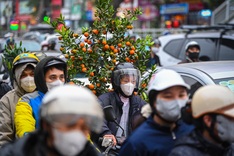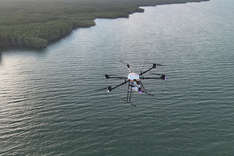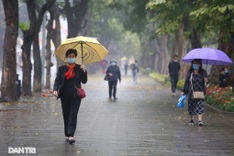The Ministry of Science and Technology has recently issued a plan to attract 100 top-tier artificial intelligence (AI) specialists to spearhead the nation’s critical AI development programmes, making the technology a strategic motive for economic growth, governance modernisation, and improvement in both living quality and national competitiveness.
The move aims at establishing a comprehensive, autonomous, and human-centric AI ecosystem, positioning Vietnam as a powerhouse in AI research, development, and application in the region and the world.
A wide range of specific tasks is sketched out in the strategy, spanning policy development, research initiatives, technical standards, training programmes, and technology applications across essential sectors. Key components include establishing a national AI expert database, developing legal frameworks to guide the implementation of the Law on Digital Technology Industry, and building technical standards and guidance as well as AI-related legal frameworks.
Research assignments will focus on building a national biological data platform integrated with AI to support biotechnology research, development, and commercialisation efforts in Vietnam.
Notably, the plan involves developing "Make in Vietnam" AI models in multiple domains, including language, image processing, audio, and data analytics. It targets the creation of a Vietnamese large language model with a minimum of 100 billion parametres, capable of understanding text in such specialised fields as law, finance and accounting, taxation, agriculture, culture, and history.
Additionally, the plan extends to practical application, including research into AI and Internet of Things (IoT) technologies for livestock health monitoring and disease traceability to optimise Vietnam's aquaculture and livestock supply chains. Furthermore, it promotes research into post-harvest preservation technologies to ensure the quality of export-ready agricultural products.
Along with encouraging the development of virtual assistants, digital twins, and augmented/virtual reality platforms, it calls for advisory support in designing and implementing critical AI systems, while fostering training programmes for AI educators, experts, and engineers.
Since Vietnam is facing a significant shortage in both quantity and quality of AI talents, this plan is seen as a crucial step in meeting the demands of digital transformation and high-tech industry growth.




















